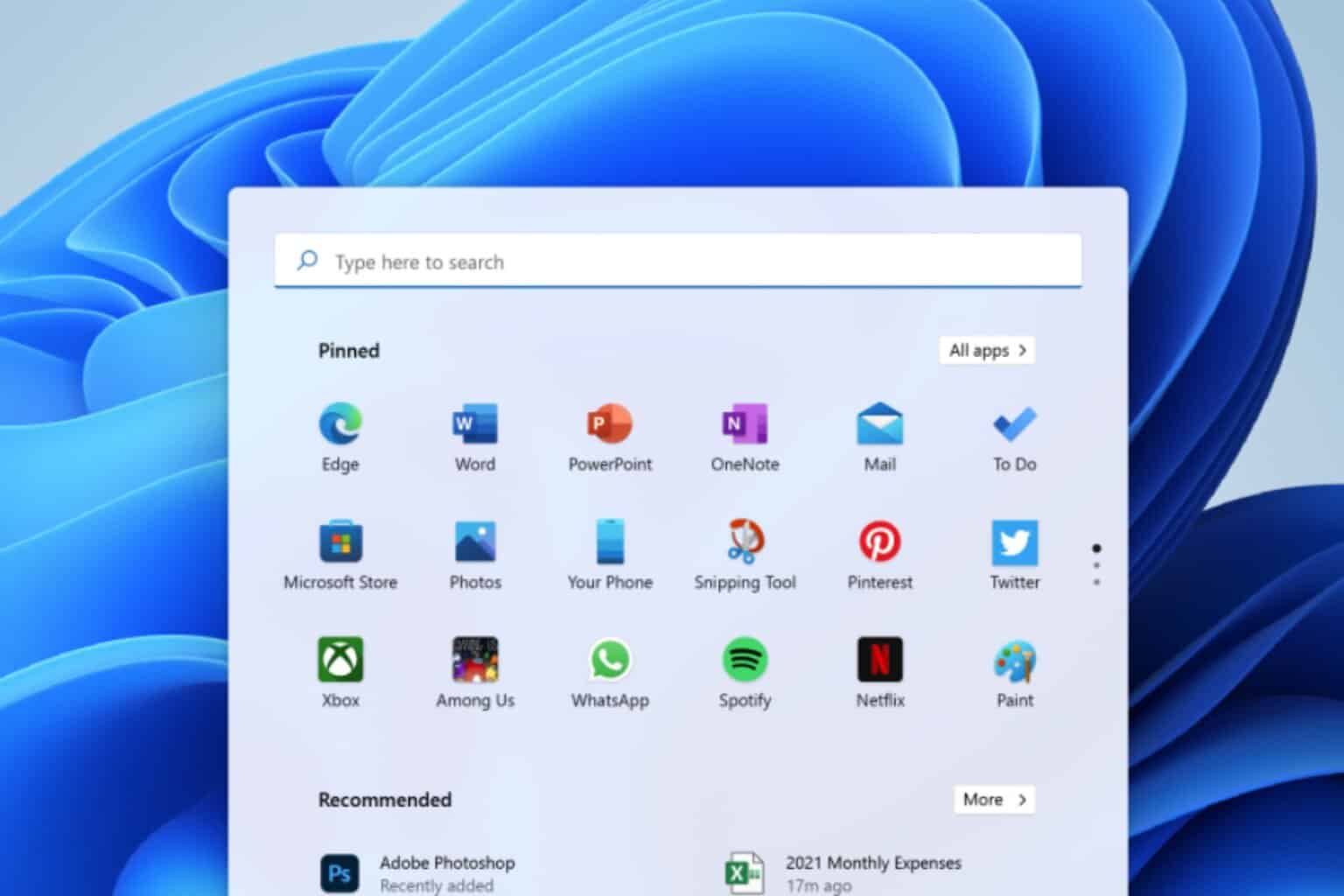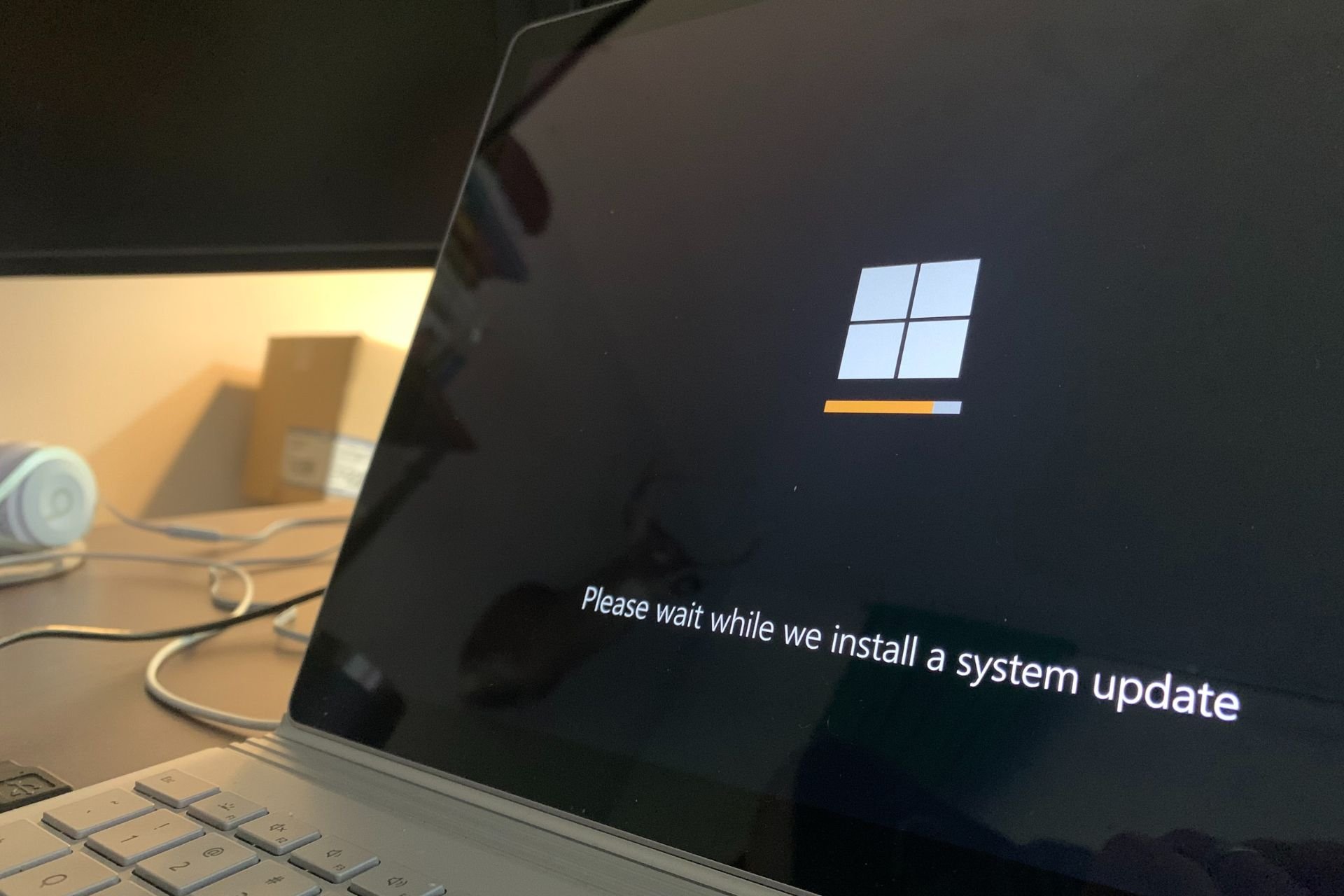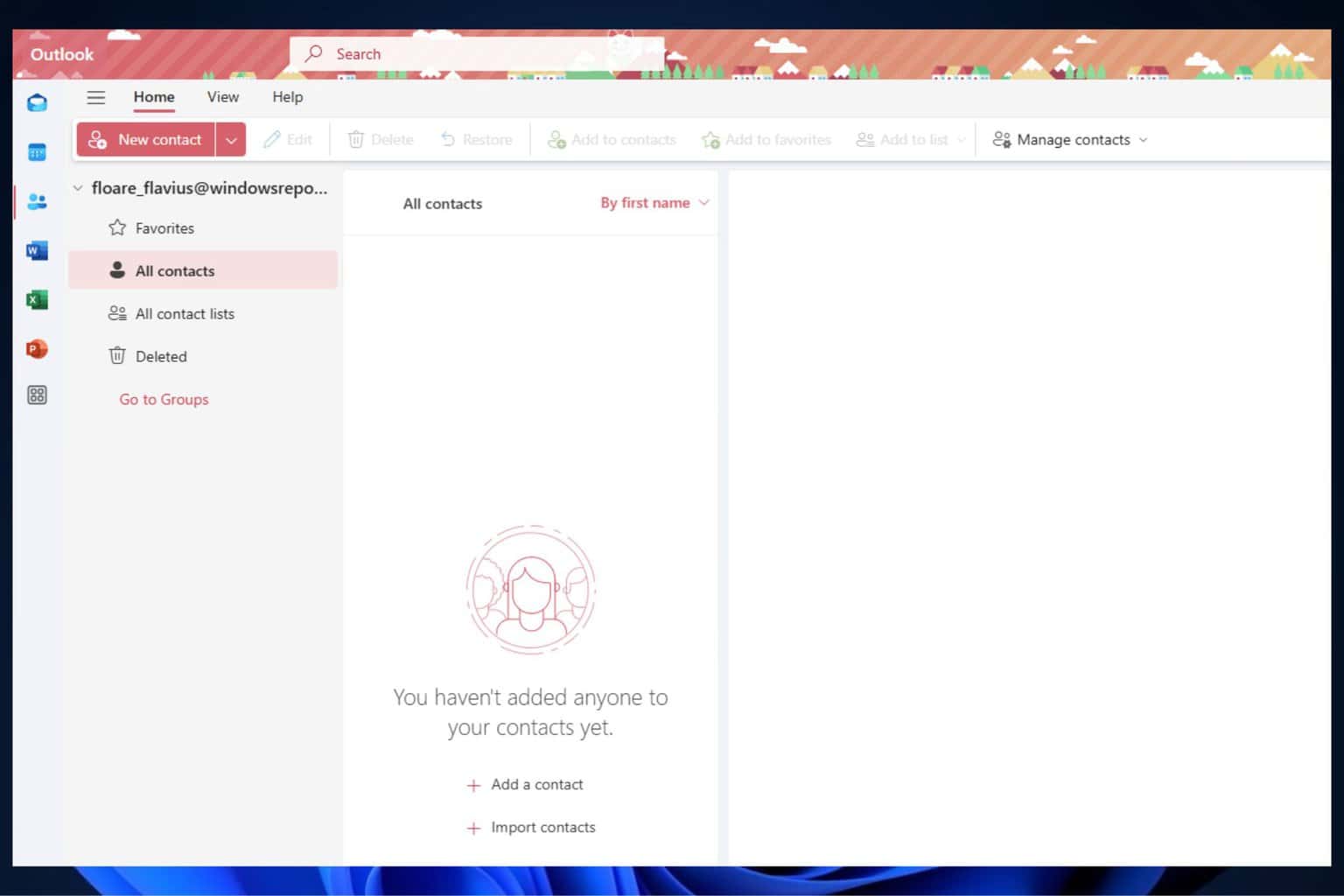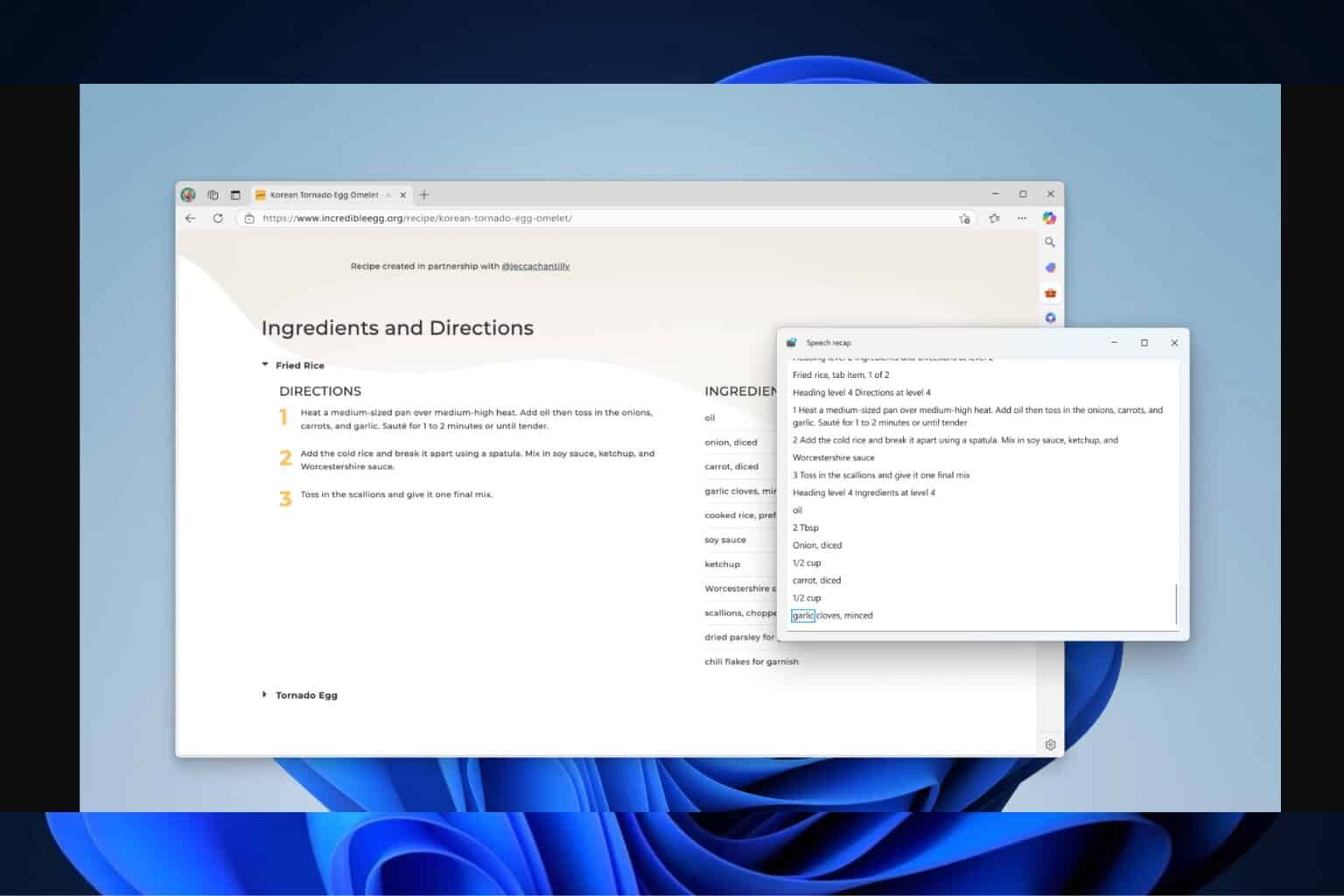KB4489890, KB4489888 and KB4489889 bring many issues of their own
4 min. read
Updated on
Read our disclosure page to find out how can you help Windows Report sustain the editorial team. Read more

Microsoft rolled out a new series of cumulative updates for three Windows 10 versions: v1709, v1703 and v1607.
The updates don’t come with any security fixes this time. Instead, they fix some major bugs that have been affecting the functionality of the OS.
Apart from the bug fixes, the cumulative updates come with a long list of known issues.
KB4489890, KB4489888 and KB4489889 known issues
1. Stop error prompts
Those users who have installed kb4489890 can come across a stop error while stating the Secure Shell (SSH) client program from Windows Subsystem for Linux (WSL).
Microsoft suggests the users have to disable forwarding of the authentication agent connection. It can either be done with the help of a configuration setting or a command line switch (ssh –a).
2. IE 11 authentication issues
The installation of the KB4489889 update might trigger authentication issues for IE 11. The issue arises if the same account is being used by two or more users on a Windows Server system.
Some of the issues that you might face after the installation are:
- Keyboard shortcuts fail to work
- Zero or empty location and cache size
- File download issues
- Credential prompts bugs
- Webpage loading issues
Microsoft stated that if you are using a Windows Server machine, the problem can be resolved by creating a unique user account. Furthermore, you also need to disable multiple RDP sessions for an account.
This is a temporary workaround, and Microsoft has promised to release a bug fix with the next Windows Update.
3. Cluster service fails to start
The cluster service does not start following the installation of KB4489889. If the users configured the Minimum Password Length of the group policy with more than 14 characters, you might encounter the error “2245 (NERR_PasswordTooShort)”.
Microsoft said that a temporary solution to fix the problem is to set a value of less than or equal to 14 characters as the minimum password length.
4. Applications not responding
Microsoft acknowledges the fact that the installation of the KB4489888, KB4489889, and KB4489890 update triggers a bug in MSXML6. This bug further forces different applications to stop responding and throw an exception error. When a user attempts to edit a Group Policy Object (GPO), the Group Policy editor may stop responding.
Microsoft is currently working to resolve the bug and promises to release a fix in the next release.
Maybe the following troubleshooting guides could help you fix the problem:
- FIX: Microsoft Store Stopped Working after Windows 10 Update
- Fixed: Microsoft Store Apps are Not Updated Automatically in Windows
5. Device start-up issue
The kb4489889update brings another bug for the users when a Windows Deployment Services (WDS) server’s device that uses Variable Window Extension is started with the Preboot Execution Environment (PXE).
As a result when the user attempts to download an image the WDS server connection might terminate prematurely. However, those devices or clients that are not using Variable Window Extension does not have to tackle the bug.
The tech giant is currently working on the bug and for the time being, it can be resolved by following one of these solutions:
- Solution 1
Open an Administrator Command prompt and type the following:- Wdsutil /Set-TransportServer /EnableTftpVariableWindowExtension:No
- Solution 2
- Use the Windows Deployment Services UI.
- Open Windows Deployment Services from Windows Administrative Tools.
- Expand Servers and right-click a WDS server.
- Open its properties and clear the Enable Variable Window Extension box on the TFTP tab.
- Solution 3:
- Set the following registry value to 0:
HKLMSystemCurrentControlSetServicesWDSServerProvidersWDSTFTPEnableVariableWindowExtension.
Keep in mind that the WDSServer service needs to be restarted following the Variable Window Extension is disabled.
6. Blue screen bug
Microsoft warns the users that they will have to face a system failure and a startup blue screen bug if they enable per font end-user-defined characters (EUDC).
The particular setting needs to be avoided by those users who are currently residing in the non-Asian regions and have installed the latest updates.
The company suggests the users refrain from enabling per font EUDC till a bug fix has been released.
Let us know in the comments section below if you have experienced any issue apart from those mentioned in the article.
RELATED ARTICLES TO CHECK OUT:








User forum
0 messages